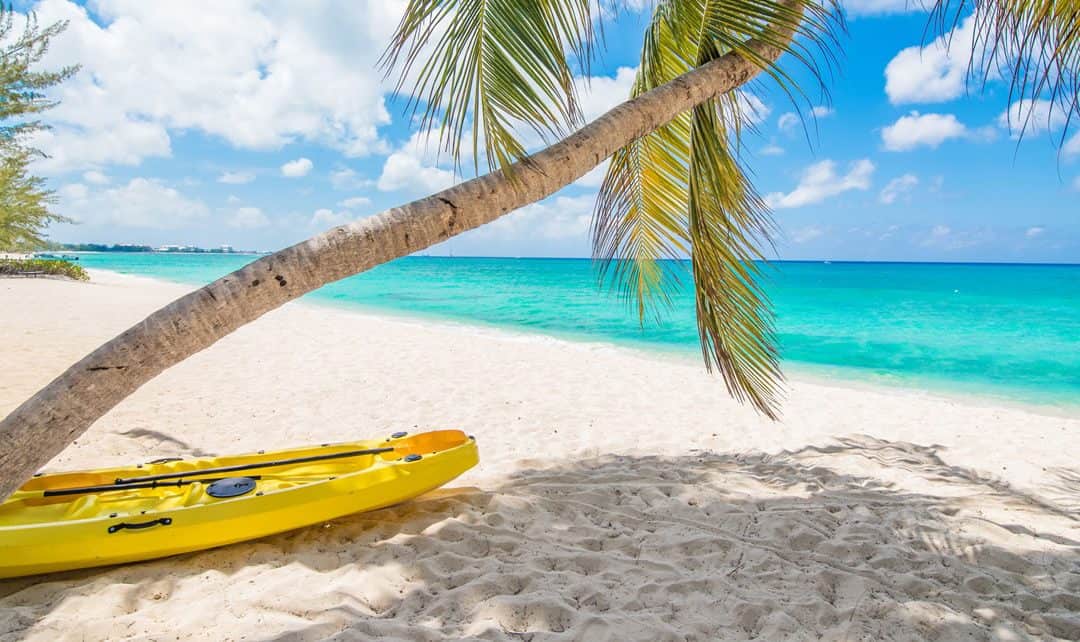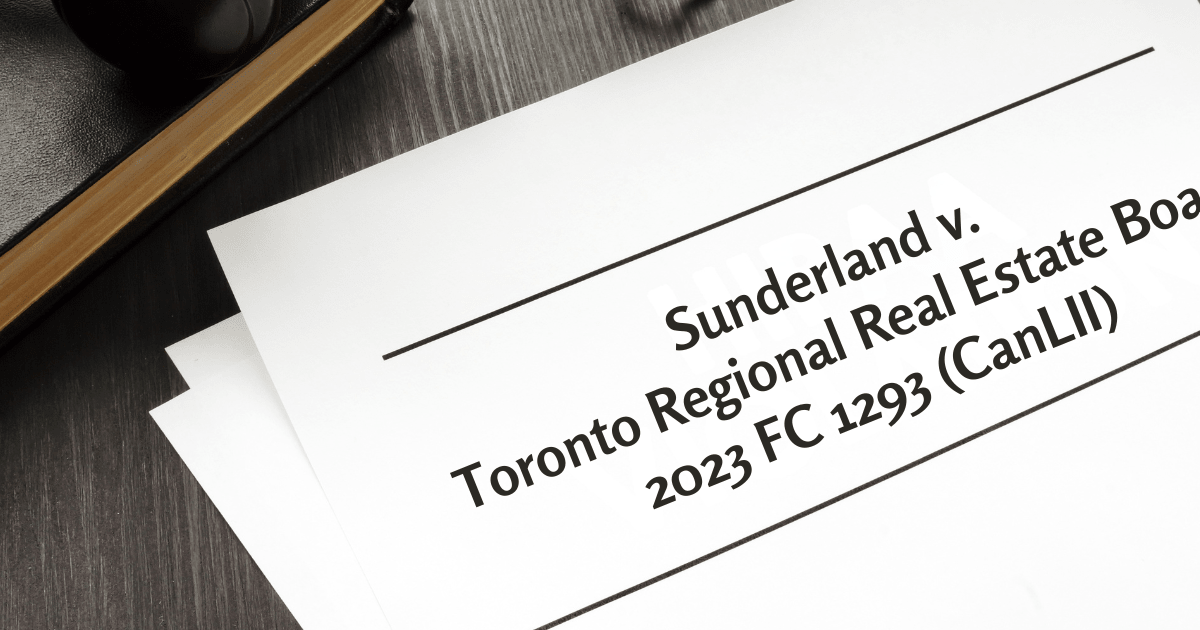It happens to most real estate agents at some point in their career – a client wants to purchase a property outside of Canada.
When clients buy a home in another country, it is vital that you are aware of the logistics of the area. For example, Mexico has restricted zones where foreigners cannot buy property. Portugal allows foreign property buyers to get a residence permit when they spend over a certain price point. Purchasing a home in Columbia over a set amount entitles buyers to an investment visa, allowing them to live long-term in the country. Dominica offers passports to buyers who spend over a fixed amount on property.
Stephan Rill, a real estate consultant with Century 21 Seaside Realty in White Rock, B.C., facilitates the sales of property in Mexico. Initially he worked with an agent who he met at a Century 21 International Conference. But as is often the case with international referrals, the collaboration didn’t move forward due to differences in work standards. Rill went on to connect with Abril Pola, an agent with Century 21 Paradise Properties in Cabo San Lucas. The two have had a long-standing working relationship. Rill refers Canadian buyers interested in Cabo property to Pola.
Rill says he uses a partner in Mexico because he doesn’t want to assume the risk of selling property more than 45 minutes from White Rock.
“If a Realtor lists property in an area that they don’t know well, they are opening themselves up to issues and even possible lawsuits,” he says. “Selling property where you don’t know the rules, the laws, is dangerous. How do you know that the well on the property doesn’t dry up in the summer months or if the place is in a flood zone?” Rill recommends building up contacts around the world and determining if you can trust them. Once that happens, you can send your Canadian clients their way.
Where are Canucks buying real estate outside of our borders? Overwhelming, the Americas is the No. 1 spot. A 2018 Point2Homes study revealed that Mexico has held the top spot for years; that’s no surprise considering the average home price is $53,000 CDN. The United States came in second followed by Costa Rica, Belize and the Dominican Republic. Outside of the Americas, Portugal, Nicaragua and Italy remain popular choices.
Pat Baker, chairman of Baker Real Estate based in Toronto, offers her advice to agents looking to sell real estate in another country: “Do your diligence and homework. Agent regulations vary from country to country and even province to province. For example, you have to be licensed in Alberta or in Florida to sell property there. (You also need to) know the international or foreign market you are dealing with better than your client. Even then, do more homework.”
From the buyer’s perspective, Baker lists some points to keep in mind:
- Difficulty in getting financing
- Tax structures – for example, in some locations (such as Florida) local residents get a break on their real estate taxes and non-residents do not
- Estate planning is critical when owning foreign properties – introduce an expert
- There are some countries where foreigners cannot own property at all (for example, Bermuda)
Jason Waller is a Canadian broker with the Playa Real Estate Group in Playa Del Carmen, Mexico. He recommends agents don’t personally sell international properties.
“The first thing would be to find a good honest company to work with as there are many around that are not great. You will need someone to work with on the Mexico side (or whichever country applies). That is huge.” To his buyers, Waller does stress that it’s not much different from buying a property in Canada, other than prices being in U.S. funds.
Buyers are often lured in by the glossy, photoshopped pictures they see online. Drooling, they want to snap up the property immediately. Strongly encourage them to go visit the place for themselves before signing paperwork.
Laurie Lavine is a licensed real estate agent with The Real Estate Company in Calgary (since 1997) and Arizona Premier Realty in Phoenix (since 2009). Lavine’s father is American and his mother is Canadian, so the U.S. government views Lavine as a U.S. citizen born abroad, making it easier for him to work as an agent in both countries.
“As to how a Canadian can assist someone to buy a property outside of Canada, there can be many challenges with that. If you’re prepared to move to another country to market to Canadians back home, you have to be able to acquire residency in another country to be able to work there. Could a Canadian Realtor come to the USA to sell properties? In a nutshell…not unless they had right to citizenship or married an American or found a broker/employer that would sponsor them (very difficult) or buy a real estate brokerage down here and then take the educational requirements to get licensed,” says Lavine. “Failing that, a Canadian Realtor can find an American Realtor that they trust to refer Canadian clients/friends/prospects to. I get a fair bit of this type of business, often through albertatophoenix.com.
“One could carry this strategy further by devoting space on their Canadian business websites to advertise their connection with an international Realtor and have a link to the international agent’s website,” he says. “They could acquire some immediate knowledge about the area that they are referring to and develop a kind of expertise so that they can have dialogue about this particular international destination.”
Like when facilitating a sale in Canada, do your due diligence to ensure that you know as much about the property and the area as possible. As Baker emphasizes, “If you are an agent representing a buyer in a foreign market, you must research the peculiarities of that market as well as understand values. Homework, homework, homework.”
Toby Welch is a contributing writer for REM.



















